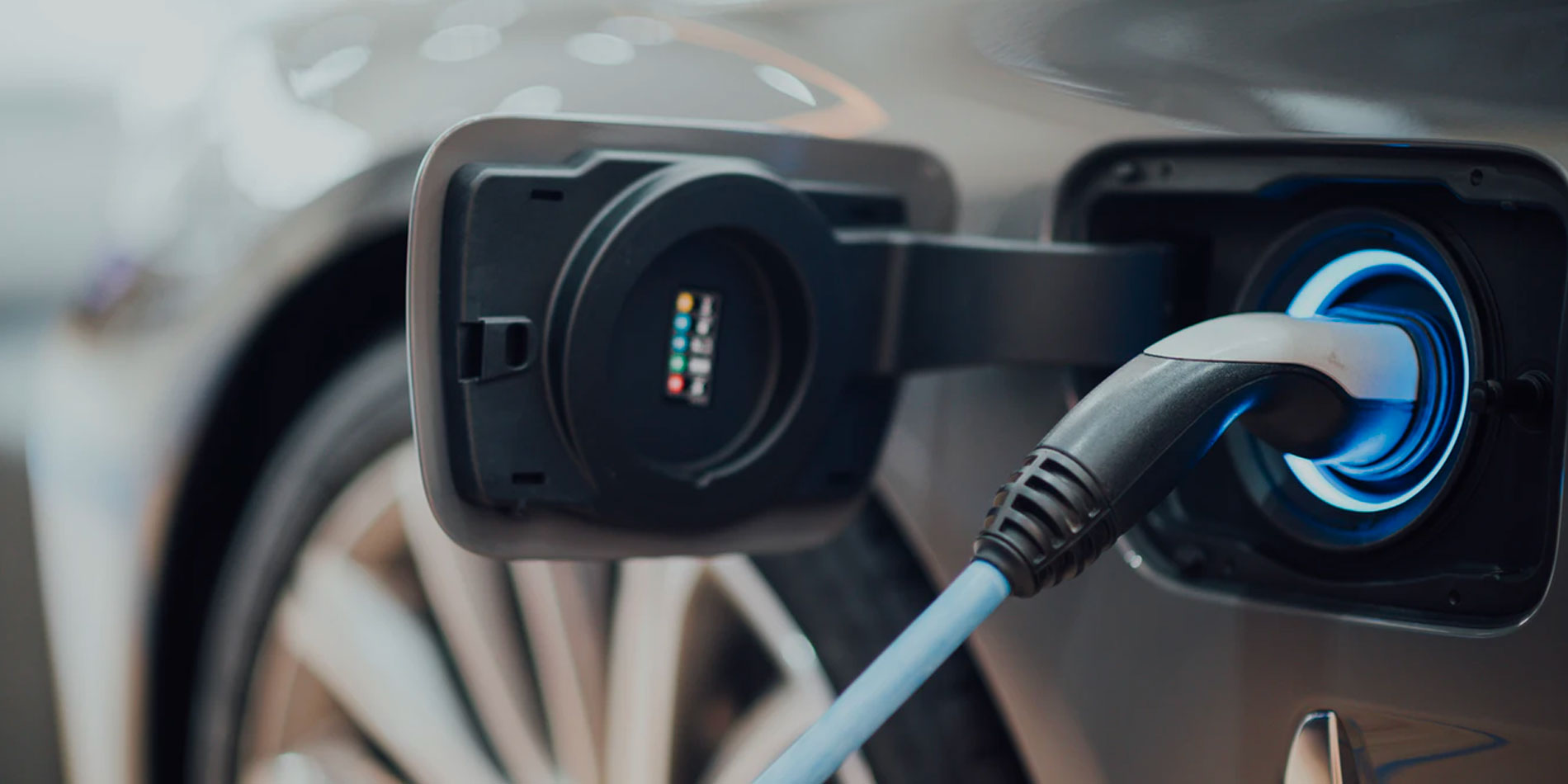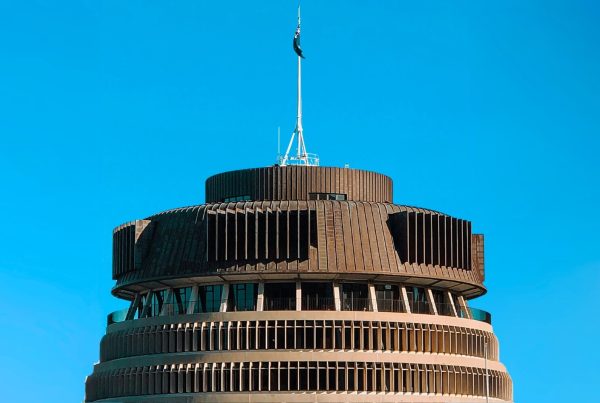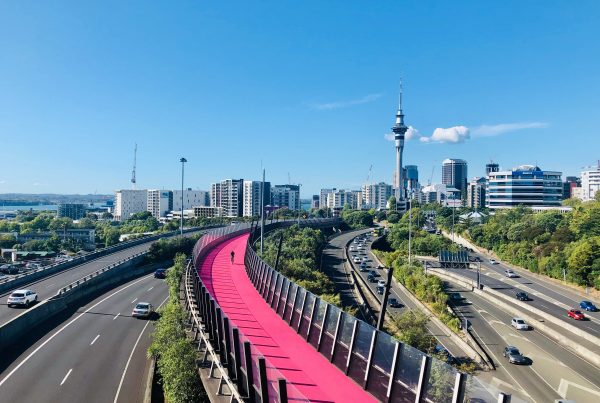Written By Drive Electric Chairman Mark Gilbert, for Autocar NZ August Edition
We are closing in on an election that gets more interesting by the day. No one as yet, has laid out a plan with regards to EV adoption in NZ, and how they will go about addressing all the issues that accompany them.
The only “whisper” that I have picked up is the Prime Minister (apparently) writing to all departmental heads and CEO’s of crown entities, requesting they fleet up on EV’s by 2025. This is completely the opposite to what NZ First had intimated last year, saying no EV’s in Government departments before 2025. As I suggestes last month, best to pose this question to your aspiring local MP, as it’s getting very confusing with NZ First again opposing the Greens feebate proposal, but not offering an alternative. Means we continue to lag the world and move further away from the Net Carbon Zero plan.
Regardless of what little ol New Zealand decides, it has been reported in Manufacturer News UK (14 January 2020), that Europe’s 13 top car manufacturers are predicted to miss their 2021 CO2 emissions targets and face fines of more than Euro14.5bn (NZD25.2bn), according to analysis by PA Consulting. Eyewatering.
It’s the popularity of larger SUV’s that is creating the problem, as the manufacturers lack low emission options for such models. This has caused average CO2 emissions to increase across the board. This trend is similar in NZ with the popularity of larger Utes and SUV’s being sold here, the Ute benefitting from FBT relief due to being a work horse! But larger vehicles, are usually accompanied by larger power units so higher emissions. And remember NZ doesn’t have any emission targets.
The potential fine is staggering, and it goes without saying that accepting such costs is not in the manufacturer’s DNA. Trying to pass this onto consumers is unlikely to work, as is suggesting shareholders wear it.
This requires some urgency, so its no surprise to read increasing noise from the big European brands that electric is the way forward and they are all spending up large converting plants for the manufacture of electric vehicles, and, shedding staff to do so.
PA’s analysis suggests that car brands would need to sell more than 2.5 million extra battery electric vehicles (BEV’s) to stand any chance of meeting their targets, a whopping 1.280% increase by 2021.
We need a similar increase if we wish to get close to the recognised target of 64,000 EV’s in NZ by 2021. Used imports are still driving the volume due to price competitiveness, but with more supply on the way I do believe we will see more price parity in the coming years.
I think the PM’s message to all departments to fleet up with EV’s is the right one. Couple this with an accelerated depreciation structure, some FBT relief, and turn these over every 2-3 years and we will generate a good supply of well-priced EV’s within our own market. And start straight after the election please.
I have written previously about what is happening especially in Europe, and how this affects the UK, which is important for models that will find their way to NZ. Used cars already come our way from the UK. Perhaps take longer and are maybe a little more expensive than similar variants from Japan. But owner’s manuals are in English and usually the dashboards contain both MPH and Kmph speedos, so easy to operate.
The article I have been reading also stated that car makers will need to adapt to an enormous change in what they do as they move from the technology of combustion engines to low emission electric vehicles. While much exciting technological development is already underway, manufacturers cannot underestimate the complexity, cost and cultural change required. Sobering words. And words that should signal to those in the industry here, that this change needs to be managed, and the starting point may well be the creation of a new industry plan for the light fleet in NZ.
I’m not sure about you, but I’m not convinced having one of the oldest fleets, and most unsafe fleets, in the world is very satisfying. The changes have been signaled and I feel most, if not all manufacturers, will find ways to reduce their exposure to the costs signaled at the beginning of this article. The alternative is quite clear- they will be gone, or wrapped up by someone else, regardless of any Covid support Brussels may dish out.





